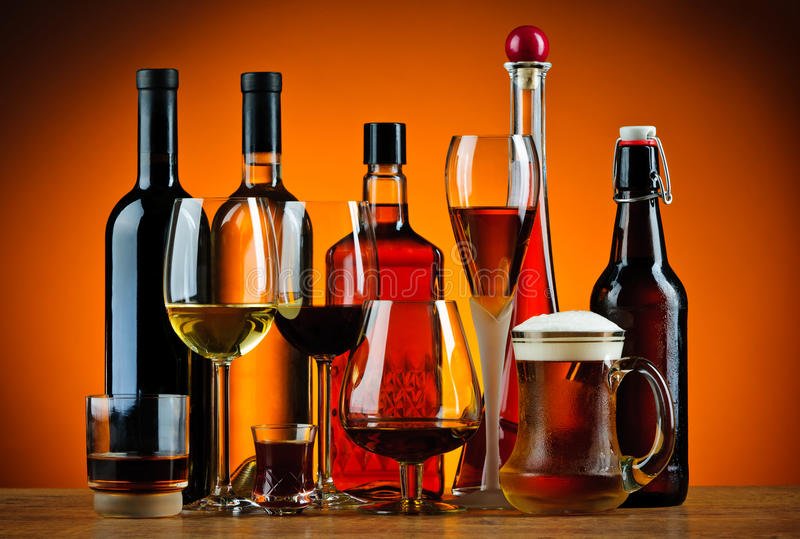The beverage present at every gathering and celebration, from weddings to funerals that is raised in glasses to cheer a persons coming of age and remember the passing of loved ones has always been a part of society.
Many people in their youth have experimented in schools and colleges, later fondly reminiscing on drunken escapades. Most, without experiencing any long term consequences settle for moderation, some though find themselves falling into heavy drinking, a few become full blown Alcoholics. I doubt any of the partying teens if asked would have believed they might develop a drink problem, unfortunately, the decision to drink is not often based on an informed understanding of the risks and dangers and is in fact encouraged through seductive advertising. With the largest alcohol manufacturers now endorsing sport through promotion of their products, then giving token warnings through the “drink aware” campaigns.
We are seeing booze subtly advertised as a part of a healthy lifestyle as well as being portrayed as an essential ingredient that must be added to all of our social interactions.
 Our young are watching
Our young are watching
Learning that to have fun is associated and enhanced by alcohol means that some set out to take possession of this prize with a ferocity, born perhaps of a real need for identification and a sense of belonging. To feel a part of, and to escape the pressure of expectations thrown upon them at their schools and at home, a few find comfort and security in the bottle, learning later a better way. Unfortunately some cling on to drink as a way to live, to gain confidence and solace, eventually drowning in an alcoholic mire that is very damaging, leading to detox or rehab often following years of painful decline.
Who to blame?
To assume responsibility for alcohol addiction lies at the door of the big companies, or the government is of course a convenient way to ignore the problem. A real understanding of alcohol addiction often comes through direct or indirect experience leading to a need for answers. The question then is, how much do we really know about alcoholism? If our own experience is that of being able to take it or leave it, do we assume that others should be able to do the same? “if I can drink responsibly, why can’t you?” is to lay blame and responsibility at the feet of the alcoholic, who by the way will usually be as baffled as you in considering that question!
Finding a way without alcohol
Finding a way to solve alcoholism is not about opinions or moral comparisons, but about education and compassion. The disease of addiction (alcohol is a drug) is complicated but better understood today than ever before. The idea that alcoholics choose to drink has been challenged for a long time by many therapists and by the 12 step model which considers the problem to be of a physical and mental nature, fuelled by a spiritual malady.
Neuroscience has found the brain functions which are altered through substance misuse and explain why someone continues to drink in spite of negative consequences. The different elements that are being revealed are now coming together within the field of addiction treatment and being coalesced to form very effective treatment models that give someone looking for treatment not only a choice between therapeutic or 12 step models, but a chance of recovery in an integrated, holistic environment.
I continue to find excellent treatment providers embracing change and offering their clients the best that is available. One of the biggest problems has been in effectively supporting a person after treatment. A trained Recovery Coach can offer a level of one to one engagement which a treatment facility cannot and so is an excellent option for someone looking to avoid the pitfalls which lead to relapse and inevitably back to the doors of a rehab.
I hope that more treatment providers continue to take up the challenge of embracing positive changes and continue to improve their programmes giving clients the best that is available. Read more about alcohol and drug addiction treatment
John Port

 Our young are watching
Our young are watching